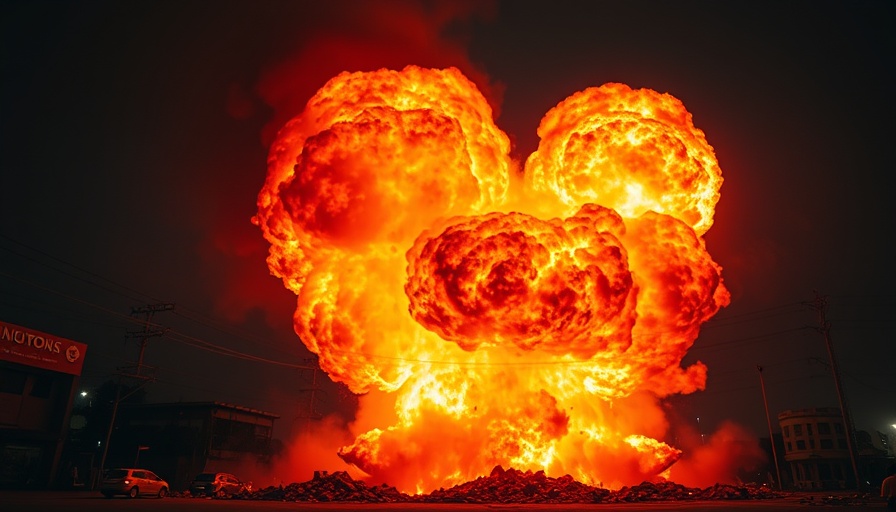
Elon Musk's xAI Obtains Air Permit Amid Protests
Elon Musk’s ambitious project, xAI, has recently secured a controversial air permit from the Shelby County Health Department in Memphis, Tennessee, allowing them to operate their gas turbines that power the world’s largest supercomputer, Colossus. This decision comes against a backdrop of community protests and legal challenges, sparking significant debate over environmental regulations and corporate responsibility.
Community Concerns and Protests
The approval of xAI’s air permit, which allows the operation of gas turbines, has not come without substantial local opposition. Residents of Boxtown, a primarily Black neighborhood historically affected by industrial pollution, have expressed outrage. Activist KeShaun Pearson, representing the Memphis Community Against Pollution, emphasized the disregard for the community’s right to clean air. "Over 1,000 people submitted public comments demanding protection but were ignored for a billionaire’s experiment," Pearson stated, highlighting the frustration of residents who feel sidelined in favor of corporate interests.
Environmental Health Implications
Gas turbines are known to emit harmful pollutants, including nitrogen oxides, which contribute to smog formation. In Memphis, where asthma rates among children are alarmingly high, the operation of such turbines raises serious public health concerns. The NAACP and the Southern Environmental Law Center (SELC) are preparing to sue xAI, alleging that their operations violate the Clean Air Act. Patrick Anderson, a senior attorney at SELC, pointed out that the company has operated for months without necessary permits and public scrutiny, a situation they deem unacceptable.
The Business Implications of Environmental Regulation
This episode illustrates a crucial intersection between technology development and environmental ethics. As tech companies race to innovate, the question of accountability for environmental impacts becomes ever more pressing. The situation at xAI raises broader challenges for tech-driven companies: How can they balance rapid development with the community's health and environmental standards? Executives and business professionals, particularly in technology and marketing sectors, must consider these ethical implications as they navigate similar challenges in their own operations.
Future Innovations vs. Environmental Responsibility
As the demand for powerful computational capabilities grows, companies like xAI are pushing boundaries at unprecedented speeds. However, this rapid advancement cannot come at the detriment of environmental health. Businesses must adopt a forward-thinking approach, integrating sustainable practices into their core operations. This scenario serves as a crucial reminder for corporations to consider the long-term sustainability of their innovations, ensuring they are not only meeting technological objectives but also fostering community wellbeing.
Conclusion: Beyond the Permit
In securing their air permit, xAI has sparked intense debate over corporate ethics and environmental responsibility. This situation serves as a pivotal moment for tech firms to reevaluate their impact on local communities. As stakeholders in the industries of technology and marketing, it is imperative to engage in conversations about environmental stewardship, ensuring business growth does not come at a cost to community health. The future of corporate innovation hinges on the ability to harmonize technological advancements with sustainable practices, paving the way for a more responsible and equitable business landscape. Whether you are a CEO or a marketing manager, taking these insights to heart can help in navigating the complex dynamics of operating in increasingly scrutinized environments.
 Add Row
Add Row  Add
Add 




Write A Comment